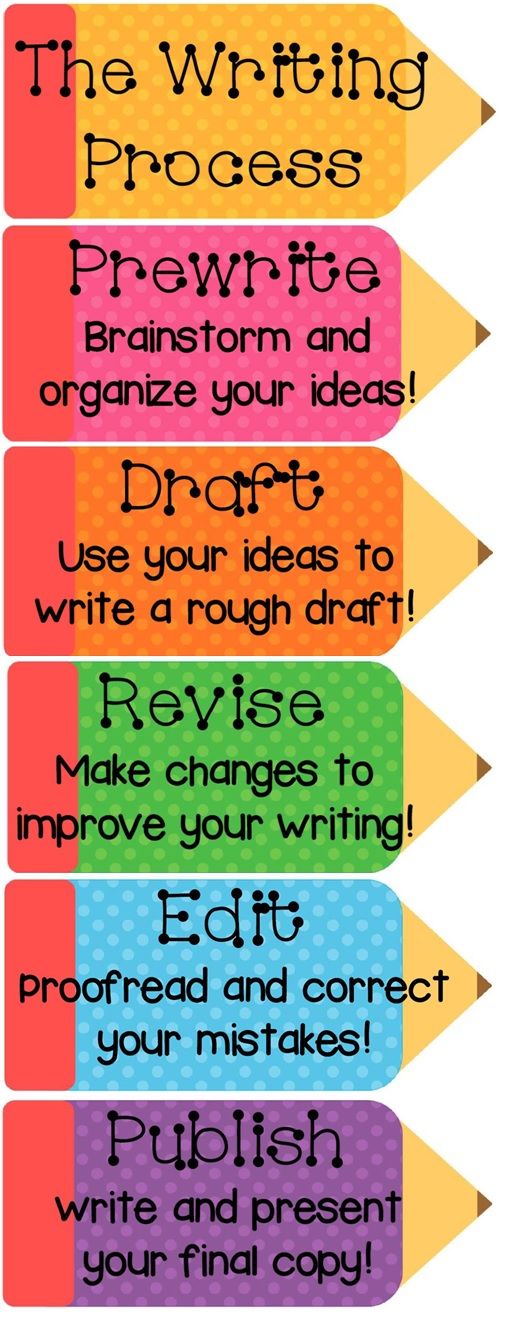planning your writing for non-planners
 Thursday, October 19, 2017 at 03:29PM
Thursday, October 19, 2017 at 03:29PM I attended the Central Coast Writer's Conference a few weeks ago, and I left pumped to write, grateful for my awesome life, and inspired to be a better person. How's that for a successful conference?
The talks and workshops ranged, as always, in quality, but I really learned something new in a workshop designed to write a screenplay in six weeks that I felt would benefit any writer, especially those of us who gag at the thought of writing an outline. As a pantser/non-planner, I've discovered it's the most inefficient way to write. I write a ton of garbage in order to extract a few decent kernels that I can use. Aaron Metchik's workshop suggested that you shouldn't write any of your first draft until you have the whole story mapped out in your head.
Well, not for everyone.
I always resisted outlining and plotting everything out, but the way he presented his "method," it actually resonated with me. You don't sit around, wrestling with Roman numerals and bullet points. You daydream, immerse yourself in your world, you freely spit out all of your ideas as notes, and you keep going deeper and deeper in your investigation of your story until you have a clear direction towards which you'll write. Then, once you have everything mapped out in your mind, THEN you sit down to write it all down. And at that point, your first draft should flow out easily.
Instead of rushing straight to the infamous "sh*tty first draft," you get all of that out of your head in note form without worrying about pretty sentences or proper grammar, jotting ideas down however they come to you. You can organize them all later. Aaron recommends using index cards, but you can also do it in whatever form works best for you. Scrivener has note cards, if you prefer to type. Tom Schulman, the man who wrote the screenplay for "Dead Poets Society," said he first organized his thoughts for that story by cutting up all of his notes into strips and putting them in order.
So, the short version is to think first, write all of your ideas down without censoring, get the succinct story line clear in your mind, THEN sit down to actually write it all down as a first draft.
Some of us think through a story through the process of writing. Great! I do, too. But instead of thinking of what I'm writing as actual material, just thinking of it as notes frees me to just get it all out. As I see what I'm working on unfold, the story gets clearer and clearer.
At the very least, this approach will prevent writers' block because you aren't allowed to write until you know more or less where you're headed. And as I'm tired of writing in circles and getting lost, I'll start to think more upfront and hope that I'll waste less time this way.
Hope this helps you, too!

Reader Comments